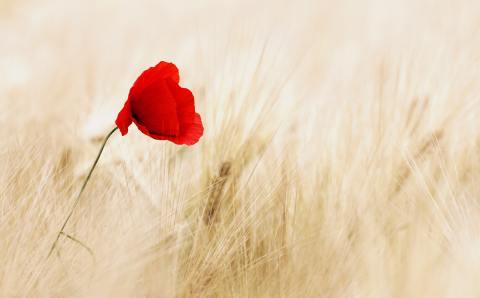I knew I was running late, and nearly sprinted to the doctor’s office, on the second floor. I had a small card, a symbol of thanks, in my hand. I wanted to see the doctor and tell her, just to look into her eyes as my wife did for years, looking for hope, even the illusion of it, which I had none.
The doctor’s office was closed, and I was despondent and headed to the elevators. Then the door opened slightly, and I recognized the secretary, who let me in. I was welcomed into the waiting room where I sat down and saw the doctor and she waved that she would come by soon.
They all tried, for a long time. My wife didn’t want extraordinary measures at the end, and waved off the doctors. There was a small oxygen mask, and the breathing ritual still haunts me, it seems like she needed to work too hard.
The metastatic breast cancer moved seemingly everywhere, the liver, the brain. When it hit the brain, the constant light of confidence in Michele’s eyes noticeably dimmed. My wife became more frail as the months went on, but she kept working, and even wondered herself why she did. She held her laptop and wrote away, until she was too tired for another word.
I still need to process all that went on, her battle with cancer over the years, how it went away and we were so joyous for that time, and how it returned and did so with a vengeance. She had these pains in her back and thought it was rheumatoid arthritis, and scans showed differently, the cancer had spread. “Devastating,” she said. Still, she didn’t fold. The end came, last Saturday.
As cancer works its march, the headlines over the past year turned to the major healthcare concern of 2020, the COVID-19 pandemic, that still drops bombs everywhere.
A month ago, she was a cancer patient facing the prospect of not only being in the hospital, there was the concern and worry over treatments, and the haunting spectacle of the coronavirus was there. There were rumors, then whispers that someone on the staff had the virus and had to stay away from work. A patient down the hall had it too.
So that confounded the fears, certainly, about the cancer sickness. Was covid also part of the growing concern? It was not, inevitably, but there was worry and stress.
In her final hours, as she struggled to talk, no words came out, just a flurry of gestures. Her grip remained strong, and that gave me hope, silly me. The nurses were remarkable, checking on her comfort levels, talking to her gently, asking if she needed anything. They were doting, loving friends to her, even at the end. It could have been another day and they would be having coffee.
When I saw the doctor, she told me how they had a nickname for her, the “little sparrow,” how she continued to bring joy and meaning with every visit, as she became more frail.
The great French singer, Edith Piaf, had that nickname. It was a culture and language that Michele embraced. “Non, je ne regrette rien,” Piaf sang, “no regrets.”
Joe Cantlupe, Health Data Buzz

